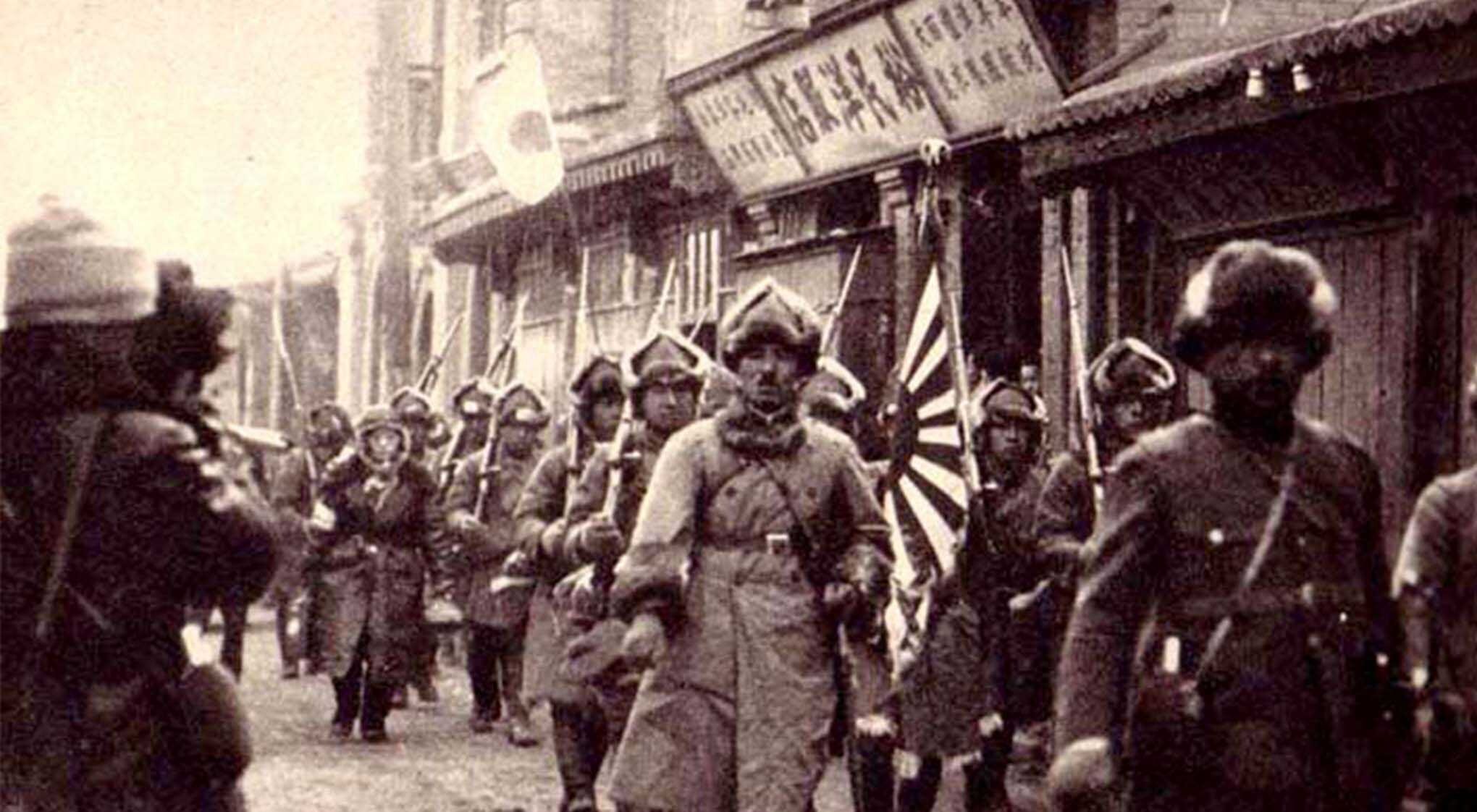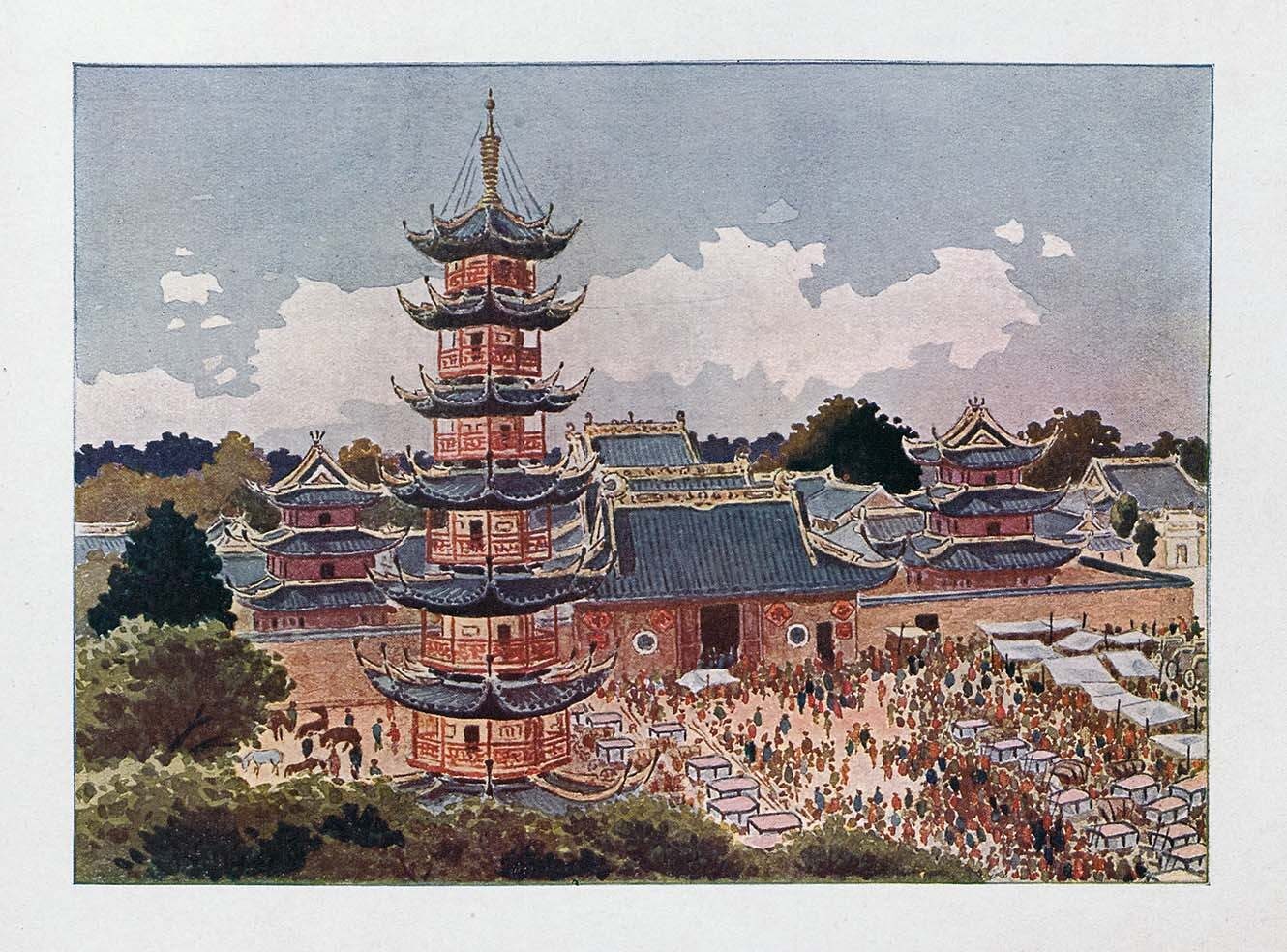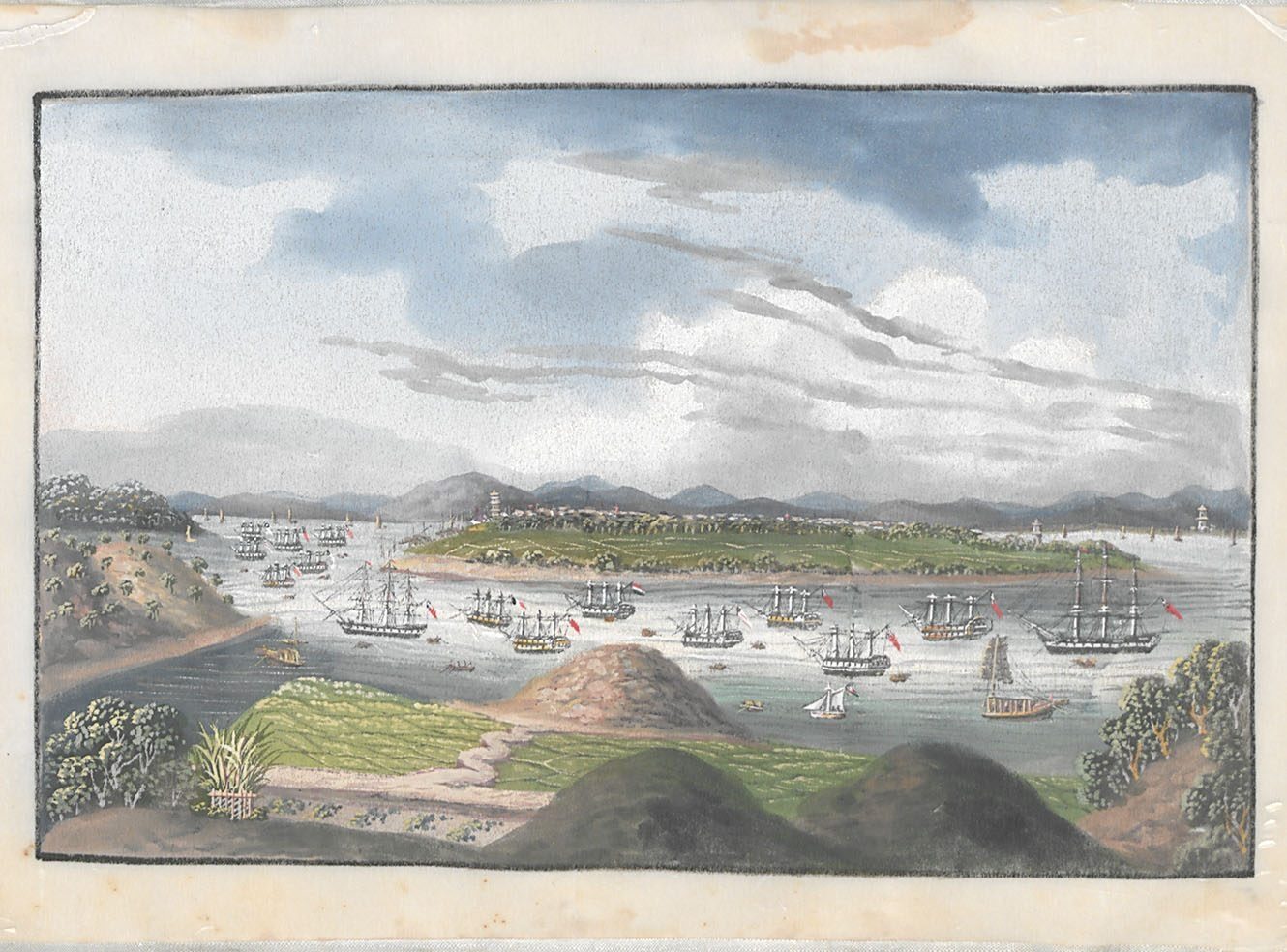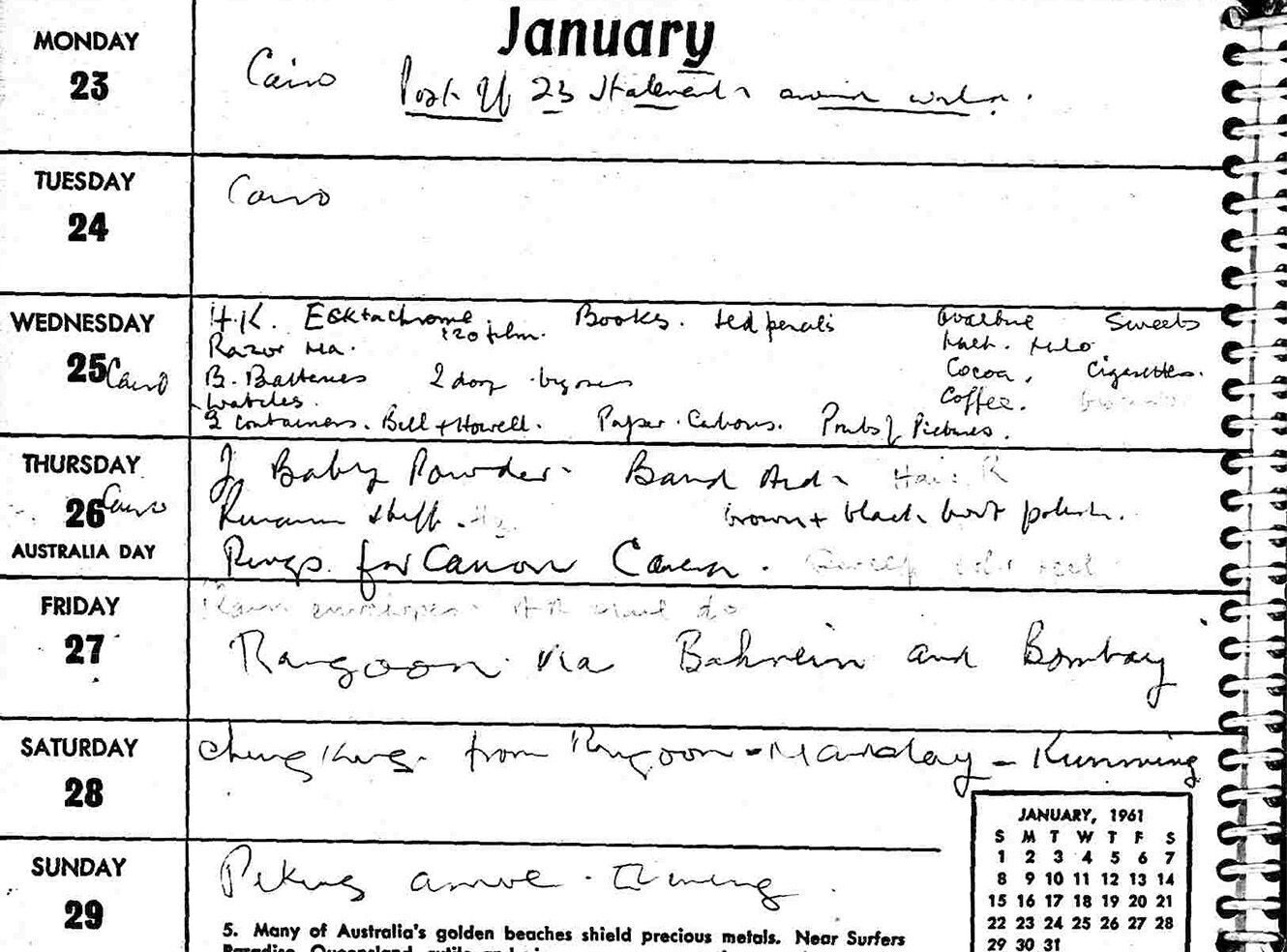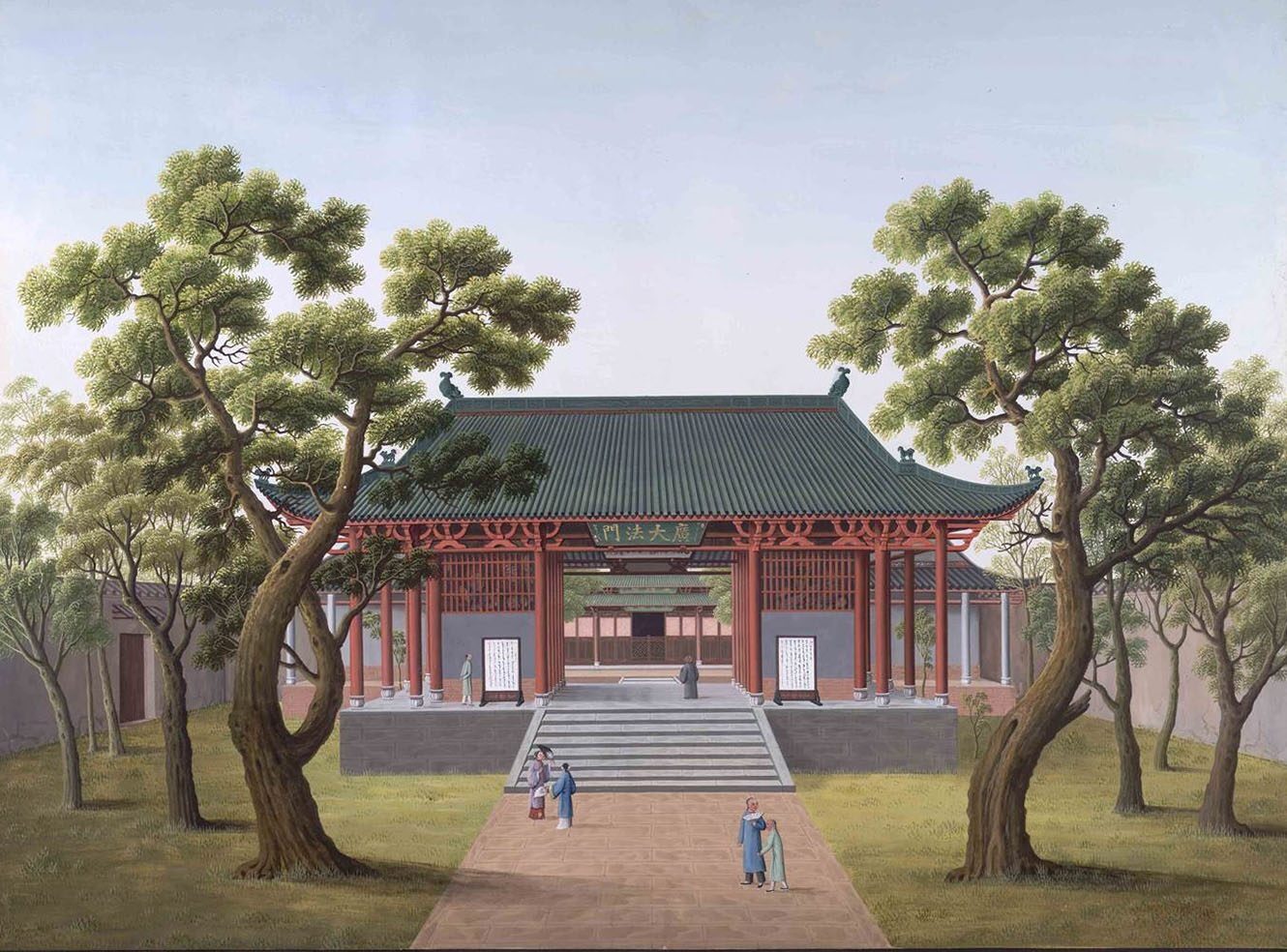Foreign Office Files for China, 1919-1980
Sources from The National Archives, UK
Formerly restricted British Foreign Office files dealing with China, Hong Kong and Taiwan between 1919 and 1980.
Featuring diplomatic dispatches, letters, newspaper cuttings, political pamphlets, reports of court cases and other materials, this collection represents a constant exchange of information between London and the British embassies and consulates. Due to the unique nature of the relationship between Britain and China, these formerly restricted first-hand accounts provide unprecedented levels of detail into a turbulent period in Chinese history.
The documents allow students and researchers intimate access to eye-witness accounts, weekly and monthly summaries, annual reviews, reports and analyses, economic assessments, synopses on Chinese personalities, and more.
Foreign Office Files for China, 1919-1980 is part of Archives Direct, a cross-searchable multi-product platform, sourced from The National Archives, UK.
Highlights
- The anti-imperialist May 4th Movement, which grew out of student demonstrations against the Treaty of Versailles
- The Long March, beginning in Jiangxi province in October 1934 and continuing to 1937, when the Second Sino-Japanese War forced a temporary cessation of hostilities between the CCP and KMT
- General Joseph Stilwell’s mission to coordinate US aid to the KMT after December 1941
- Accounts of the civil war years, the fall of Nanjing, the fate of HMS Amethyst on the Yangtze River and the repercussions for international companies with a strong presence in China, through to Mao Zedong’s first attempts to implement a Soviet-style command economy
- Many files focus on industrial and economic development, the Great Leap Forward campaign and the Socialist Education Movement
- The Great Proletarian Cultural Revolution, 1966-1976.
Modules include
| Module | Summary | Date |
|---|---|---|
| Section I |
With material from The National Archives, UK, documents from this period offer insights into how China grappled with political turmoil, marked by the rise of the Kuomintang and the Chinese Communist Party. They show how nationalist and democratic ideals assisted in forming an uneasy alliance with the CCP under Soviet influence. Covering political instability, local governance, economic growth, and how Western powers maintained a strong presence in treaty ports. |
1919-1929 |
| Section II |
Documenting a turbulent period marked by civil war, invasion and internal political strife. This era saw Japan’s growing aggression, the creation of Manchukuo and how these events challenged Chinese sovereignty. Key events, such as the Communist Long March, and the formation of the Second United Front to combat Japan, highlight this volatile chapter in Chinese history, witnessed and extensively documented by British officials. |
1930-1937 |
| Section III |
Material covering the conflict between China and Japan during this period which created a pivotal opportunity for Mao’s Communist forces to solidify their position. The documents relate to the postwar civil conflict that saw the Communists gain widespread support through socioeconomic reforms, whilst the Nationalists faltered due to poor governance and failed military strategies. |
1938-1948 |
| Section IV |
During this period, China underwent transformative changes following the Communist revolution. The material covers sweeping land and marriage reforms as well as the British recognition of the Communist regime in 1950 during bouts of challenges with its trade and colonial interests. This time was marked by radical political, social, and economic restructuring, and effort to modernise agriculture, industry and governance. |
1949-1956 |
| Section V |
With an ambitious Great Leap Forward campaign which sought to boost industrial and agricultural output, Mao Zedong’s plan led to famine, economic regression and political instability. Through material sourced from The National Archives, UK, gain insights into Sino-Soviet relations as China was about to undergo the Cultural Revolution. |
1957-1966 |
| Section VI |
This final section of documents sheds light on significant upheaval in China, inducing political chaos, economic turmoil and factional struggles. Materials from The National Archives, UK, expose a shift toward economic reform and collective leadership, despite resistance from conservative figures. With US-China rapprochement during the 1970s, further changes to the geopolitical landscape culminated in the normalisation of diplomatic relations in 1979. |
1967-1980 |
Key data
Period covered
Source archive
- The National Archives, UK
- Anti-imperialist 'May 4th' Movement
- Chinese reunification in 1928
- Conflict between Communists and the Kuomintang
- Japanese clashes with KMT forces in 1927 and 1928
- The Long March
- Mao Zedong's assumption of the leadership of the CCP in January 1935
- The Mukden Incident and the invasion of Manchuria
- Japanese atrocities in Nanjing
- Soviet seizure of Manchuria from the Japanese in 1945
- The Communist Revolution and all major figures involved
- China and the Korean War
- American military support and financial aid to Taiwan
- The 'Great Leap Forward'
- The 'Cultural Revolution'
- Power struggles and student demonstrations
- Political instability caused by conflict between Mao Zedong, Liu Shaoqi and Deng Xiaoping
- Lin Biao's attempted coup
- The 'Gang of Four'
- The death of Mao Zedong, September 1976
- Government memoranda
- Official correspondence
- Unofficial correspondence (from commercial firms, legal representatives, petitioners etc)
- Maps
- Records of court cases
- Reports of meetings, investigations and expeditions
- Profiles of people, places and organisations
- Economic statistics and analyses
- Chinese-language documents
- Cindy Yik-yi Chu, Hong Kong Baptist University
- Catherine Ladds, Hong Kong Baptist University
- Chi-Kwan Mark, University of London
- Rana Mitter, University of Oxford
- John Y Wong, University of Sydney
- Yuanmei Yao, East China Normal University
- East Asian Studies
- International Relations
- Political History and Science
- Full-text searchable English-language materials
- Documents from the UK government's official archive
- Available within the cross-searchable Archives Direct platform
Reviews
This is an immensely powerful resource
- Author: Professor Rana Mitter, University of Oxford

